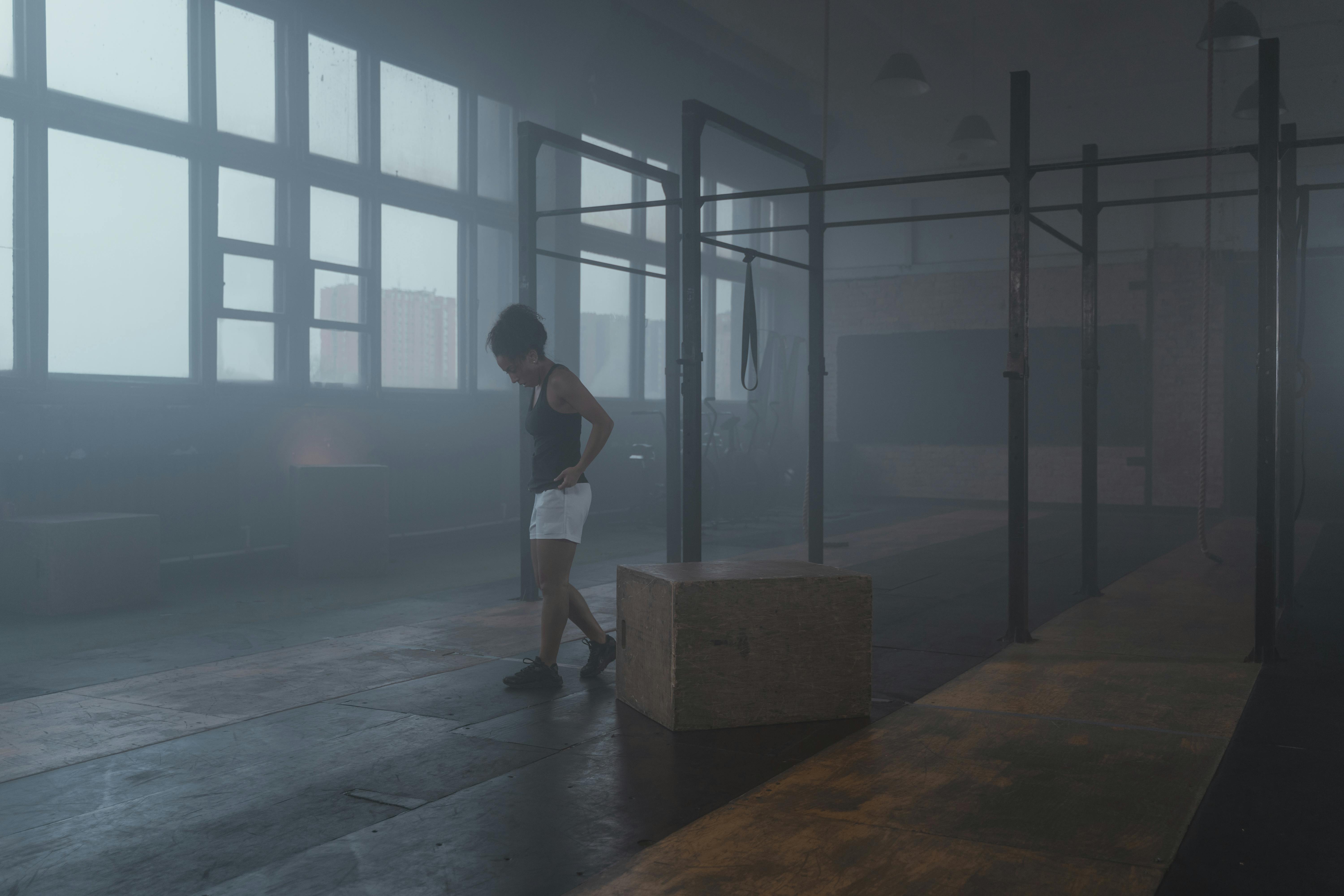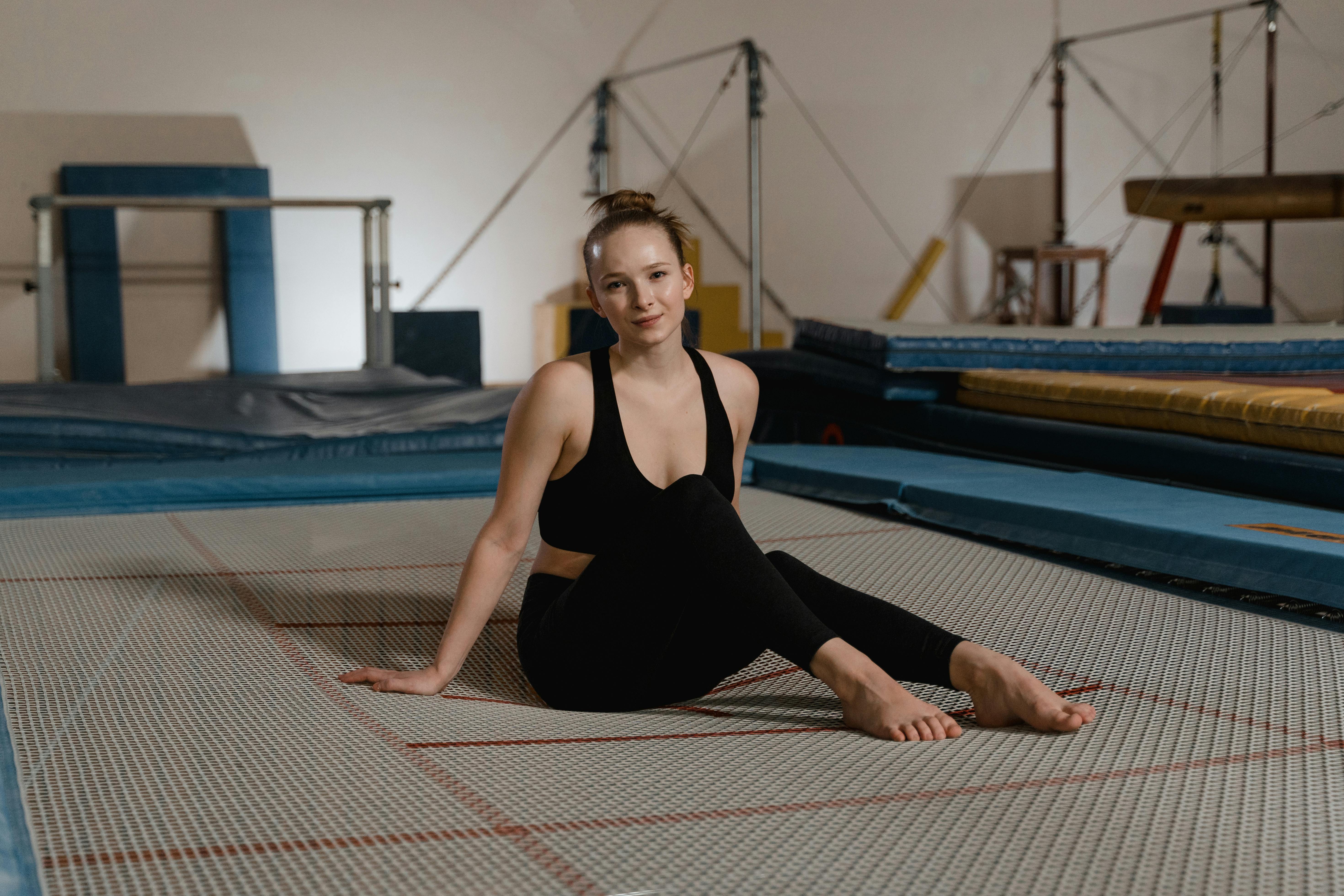I am a dog lover, not a dog expert, but from several years of research, reading books, talking with dog breeders and dog owners, I think the following will help you in your selection. I will NOT attempt to suggest suitable breeds, my goal is to help the prospective buyer understand that liking the look of a particular breed does NOT make it suitable because there are many variables that need to be considered other than just the appearance of the breed.
Owning a dog is a LIFETIME commitment and there are a number of things to think about BEFORE you start looking to ensure you choose the right breed of dog for you. There can be a LOT of breeds that aren’t right for your lifestyle, and if you give the decision some thought, you can save yourself a lot of heartache, not to mention the effects a wrong decision can have on the poor dog. I think if more people thought before they bought, we wouldn’t have anywhere near the number of abandoned dogs that we do. So ask yourself these questions…
WHY DO YOU WANT A DOG?
You should think about the reasons why you are considering getting a dog. Do you want just a companion, a lap dog, a friend for the kids, or a watchdog? What do you want to do with the dog: show, obedience training, walks, bring in cows for milking, etc.? Not all breeds are suitable for all activities.
HOW MUCH TIME PER WEEK DO YOU HAVE TO DONATE TO A DOG?
Different breeds have different time requirements when it comes to exercise, grooming, and training, and in many breeds, skimping on time spent with the dog can have disastrous effects—for the dog, for you, and for your possessions.
HOW BIG IS YOUR YARD AND HOW TALL ARE YOUR FENCES?
This will determine the size of the dog you should be looking at. You need to make sure your dog can’t get out of your yard and possibly get hit by a car, picked up by the kennel/ranger, or mauled by another dog. Don’t forget that some small breeds of dogs jump very well. I know of several small Terriers that can scale six foot fences, but alternatively, some very large dog breeds are not very active and can do well in a small yard.
DO YOU WANT A DOG INSIDE OR OUT?
This will determine not only the breed, but also the size of the dog you get. If you want an indoor dog, consider the size of your house: will a large breed take up every inch of available space? Is a small but very woody dog likely to topple your priceless china collection? Appearance and size can be deceiving, many small breeds are not suitable for apartment living due to their activity level, while some of the larger breeds can be great for small homes or apartments.
Other breeds need human companionship and are not suited to being left outside all the time, nor are breeds that are unsuited to their environment due to coat length or susceptibility to heat exhaustion.
DO YOU HAVE OR ARE YOU PLANNING TO HAVE CHILDREN?
Some breeds are not particularly recommended for small children, and this is a very important question to consider. The wrong choice could permanently disfigure your child for life and result in the destruction of your dog. Unfortunately, there will always be exceptions in every breed and very often children are not aware of the implications of stuffing a dog’s ears or tail, so I believe that no matter how much you trust your dog, never leave children unsupervised. with ANY dog until they are old enough to effectively command the dog, I would suggest until their early teens, depending on the child. I know a lot of people would probably disagree with me on this point, but I personally don’t think it’s worth the risk to either the child or the dog.
DO YOU HAVE OTHER PETS?
To avoid bloodshed for beloved family pets, this is a good point to consider when determining which breed of dog is right for you. Some breeds get along very well with other species, but many do NOT, so ask the breeder before you buy.
WHAT KIND OF CLIMATE DO YOU LIVE IN?
This is an important consideration for the dog’s sake and is really just common sense. Most breeds that originate from cold climates have very thick coats and will suffer terribly in very hot conditions. Similarly, breeds that have very fine fur, or in the case of some breeds that have very little body hair, can be particularly susceptible to cold; they may also be susceptible to sunburn and skin cancer. If you have a climate-controlled home or kennel where the dog will spend most of his time, this may not be a big problem.
HOW MUCH MONEY ARE YOU WILLING TO SPEND REGULARLY?
Some breeds have a higher maintenance level for food, veterinary assistance, medical tests, grooming, and equipment. All dogs require food, deworming, nail clipping, some level of grooming, vaccinations, and hopefully neutering unless you plan to show or breed, and all dogs are at risk of unexpected illness and injury. I’m not suggesting that only wealthy people should have dogs, but if you don’t have or aren’t prepared to spend a lot of money, then perhaps a long-haired breed that requires trimming every six weeks and can be susceptible to ear infections. eyes because of the long hair, it may not be the most suitable breed for you.
WHAT TEMPERAMENT DO YOU WANT?
Just like with people, dogs have different temperaments, and while no dog will 100% match a breed standard, most characteristics, including temperament, tend to show up reliably in purebred dogs. This includes independence – some breeds are highly dependent on human companionship and affection, while others are highly independent.
HOW MUCH EXPERIENCE HAVE YOU HAD WITH DOGS?
Some dog breeds are very dominant and are generally not recommended for first time dog owners. This is because unless you can establish dominance early in the puppy hood, you and your dog will always be at odds (and this is NOT achieved through physical abuse). Being able to establish dominance depends on your understanding that dogs are pack animals and have a very strong hierarchy, and it is important to understand “pack logic” from the dog’s point of view. Many interesting books and articles have been written on this subject, and it’s a great idea to read a few, regardless of the breed you purchase, as they will help you understand the behavior of some of your dogs.
Once you’ve thought about the above points and anything else that’s relevant to you and your family, you should be able to narrow down your options with a little research. Surf the net for individual breed pages and FAQs, read a few books, and contact registered dog breeders for information.
If you have already done all of the above, here are some points when choosing your puppy:
* NEVER BUY ON A WHIM!!!!!!
*NEVER buy or cherish as an unexpected gift or Christmas present!
*DO NOT BUY FROM A PET STORE, PUPPY MILL, OR UNREGISTERED BREEDER.
* Phone breeders and ask about their breed. Most will be happy to answer any questions you may have and advise you on the suitability of their breed for your situation. Don’t be afraid to let the breeder know if you don’t have a lot of experience with dogs.
* Go check out several different breeds if you’re still not sure which one is right for you. This can best be accomplished by attending an all breed dog show. This will help you decide which breed you like, as well as which breeder dogs you prefer.
* Decide if you want a show quality pet or puppy. This can determine how long you have to wait and how much you will have to pay: show or breeding quality puppies are often fewer in number and more expensive.
* Take a look at the health of the other dogs in the kennel. Are they lively, alert and friendly? (Don’t forget that most dogs in kennels will bark at strangers and some breeds will rarely look friendly, but you can get the general idea: Downward-facing dogs may not make good parents to a dog that is going to be a pet).
* Does the kennel look clean and sanitary?
*Do the dogs react happily to the owner/handler or do they cringe, snap or growl?
* Puppies should be well rounded in shape, not overly fat or skin and boned.
* Most healthy puppies will have bright, alert eyes and a healthy-looking coat.
* Check that the puppies are not infested with ticks and fleas.
* Ask to see both parents. It’s common for breeders to use a stud they don’t own, but they may have pictures of the dog. Very often the bitch will not look in “show condition” after giving birth to a litter. The reason for this is that giving birth and feeding a litter is very demanding on the bitch, so she may be a bit thin (but not skin or bone), and she may “fly” her coat (shed) due to the hormonal changes caused by pregnancy and milk production. However, she should still look happy, lively, confident, interact well with the owner/breeder, and not show any signs of illness.
* Ask the breeder if they have any references from people who have bought their puppies in the past.
* Be sure to see all relevant documents, including parent pedigrees, medical certificates for evidence such as hip dysplasia if relevant to the breed, as well as puppies’ pedigree documents and veterinary certificate confirming deworming and vaccines. Be very skeptical of any breeder who is not willing to show you paperwork – if you can’t see the paperwork, the breeder may not have it. Many people are not concerned with having “papers” for their pet, however you want to make sure that if you are paying the price for a purebred dog then that is what you are getting. Also, if the breed you are buying is prone to certain medical conditions, you should ensure that the parents have been “cleared” by a vet and that the puppies have been checked (depending on the relevant condition) to make sure there are any the least possible chance that the puppy you buy will develop the condition.
It is also a good idea to ask to see the membership card of the Kennel Council for the state/country you are in.
REMEMBER: It is ultimately your responsibility to research the breeds you are interested in, as well as the individual breeder you ultimately purchase from. While it’s your right to ask as many questions as possible, it’s also the breeder’s right (and responsibility) to ask you questions, so don’t be offended if the breeder gives you the third grade!
Finally, if you don’t want or can’t afford a pedigreed dog from a registered breeder, there are many reputable dog rescue services you can adopt instead of getting a dog from a pet store or backyard breeder. You can get a dog of any age from a rescue (purebred or mixed) and usually the people who run the rescue will be able to give you information on each dog they have. If you adopt a dog from a rescue, you may very well save it from being destroyed, particularly older or not-so-nice and cute dogs that don’t usually get adopted quickly. If you would really like to make a difference with a rescued dog, you might as well consider giving a dog who has been mistreated and abused a comfortable and loving home for the rest of his days; You would be surprised at the love and devotion they give you. will receive in return.




